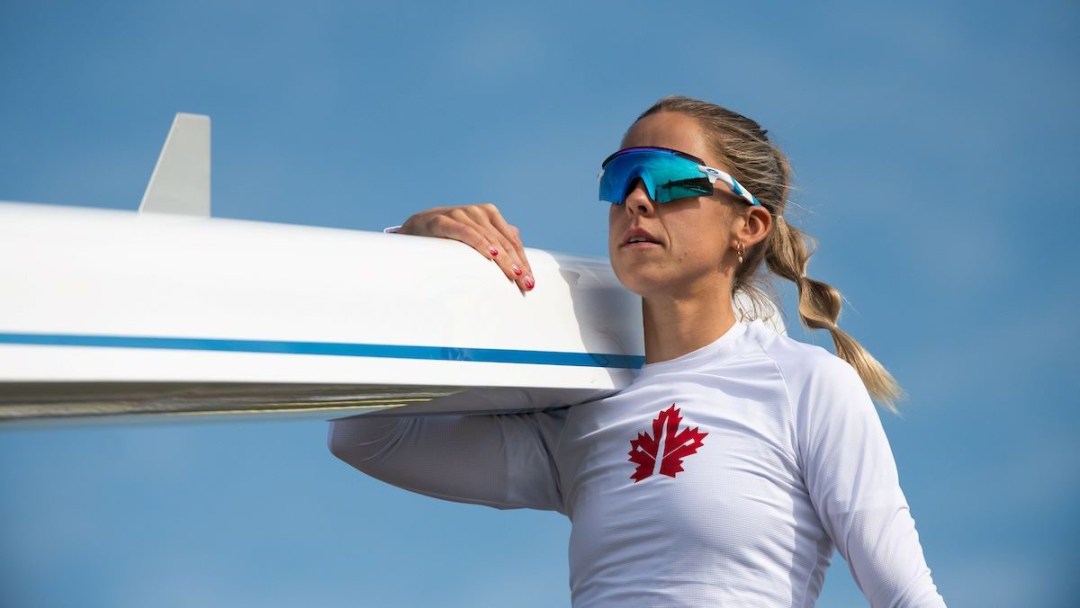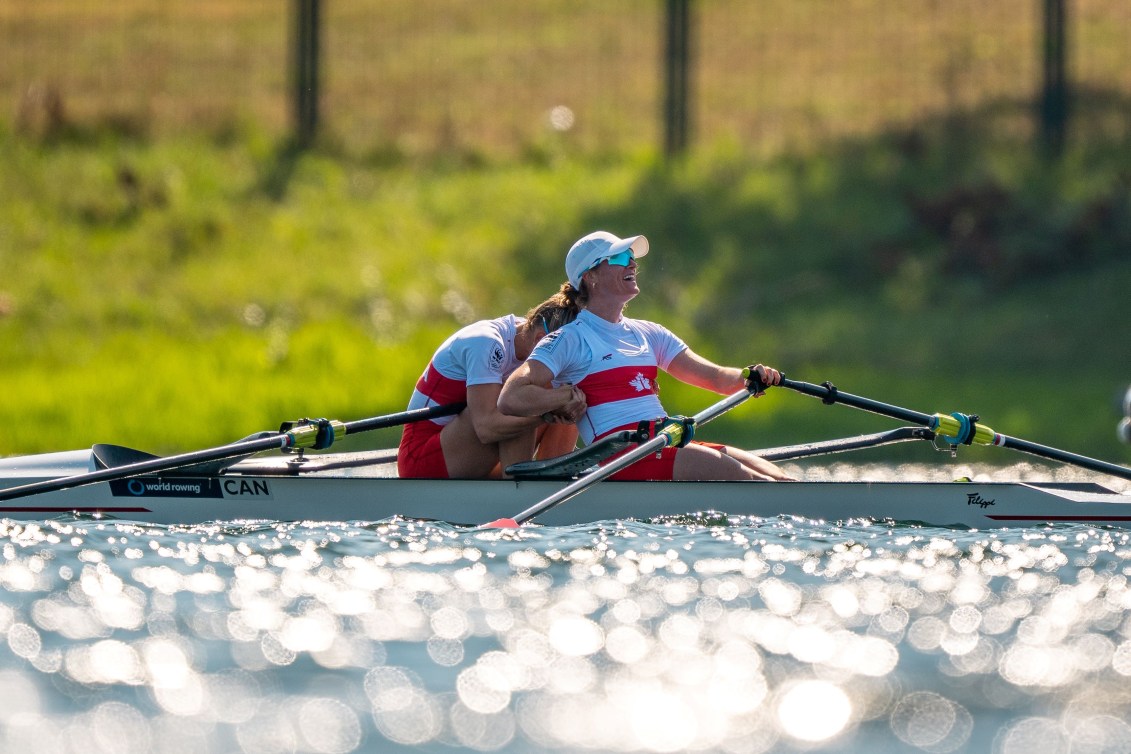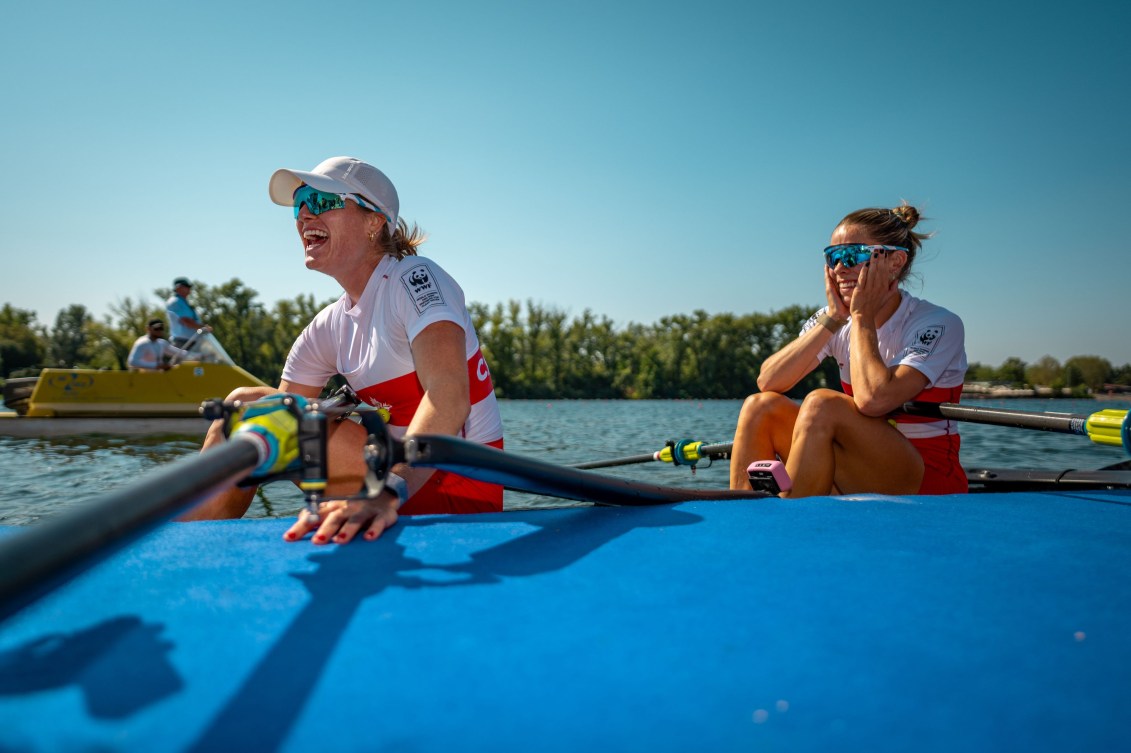Jill Moffatt: Grappling with anxiety and panic attacks are part of my Olympic journey… and I’m okay with that
It is the morning of one of the most consequential races of my rowing career. We have a chance to qualify Canada for the Paris 2024 Olympic Games. But instead of worrying about the outcome, I am worried about having a panic attack.
I scan my body for any sign that it may betray me. I use every strategy to fight off overstimulation. I straddle the line of using this heightened emotional state as my super power and losing autonomy of my own mind and body.
Like many, I grapple with anxiety and panic attacks.
It is something that I have had to navigate throughout the last five years of my rowing career and it is something that I will continue to monitor as I prepare for the upcoming Olympic Games.
In an effort to destigmatize and demystify mental illness, I want to share what I have learned about myself since my diagnosis and how I am using these past experiences to build my preparation for Paris 2024.
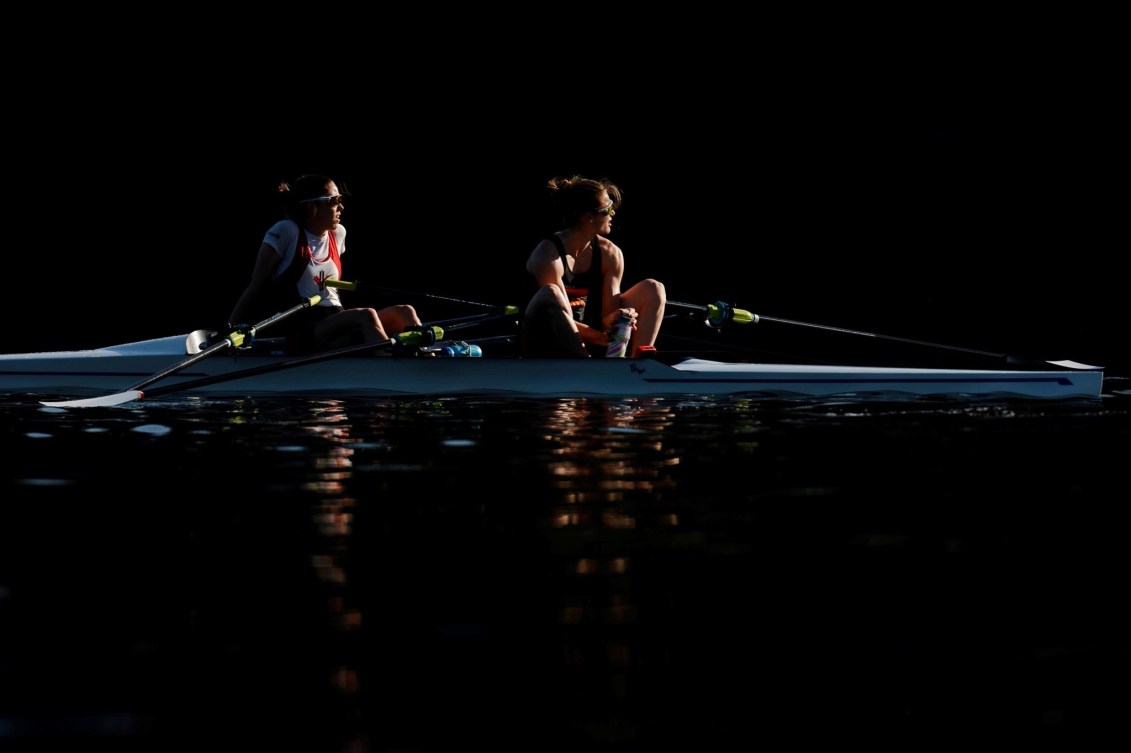
I had my first experience with panic attacks in 2018 and was officially diagnosed with anxiety and panic attack disorder a year later. At the age of 26, this felt at odds with the story I told about myself. It didn’t make sense. I had a great family, amazing friends, a life outside of rowing, and was finishing my masters degree. It felt unfair. It felt unjust.
When I look back now, I can see the warning signs. I can see the little symptoms that slowly developed into unmanageable experiences.
I joined the National Training Centre for rowing after the 2016 Olympics. Up until then, I had never experienced the symptoms of a mental disorder. I experienced moments of anguish, depression, and stress, but I had the tools to deal with those moments. In general, I was (and still am) an optimist whose constant energy drove my talkative and outgoing personality. I relished competition and enjoyed being dedicated to a shared goal.
My anxiety started building slowly in 2018 and, despite being in tune with my mind and body as an elite athlete, I ignored the warning signs. I found it difficult to eat before practice, something that had never been an issue before. Once I was at practice and got moving, I felt great. I chalked it up to having a sensitive morning stomach, something athletes do struggle with.
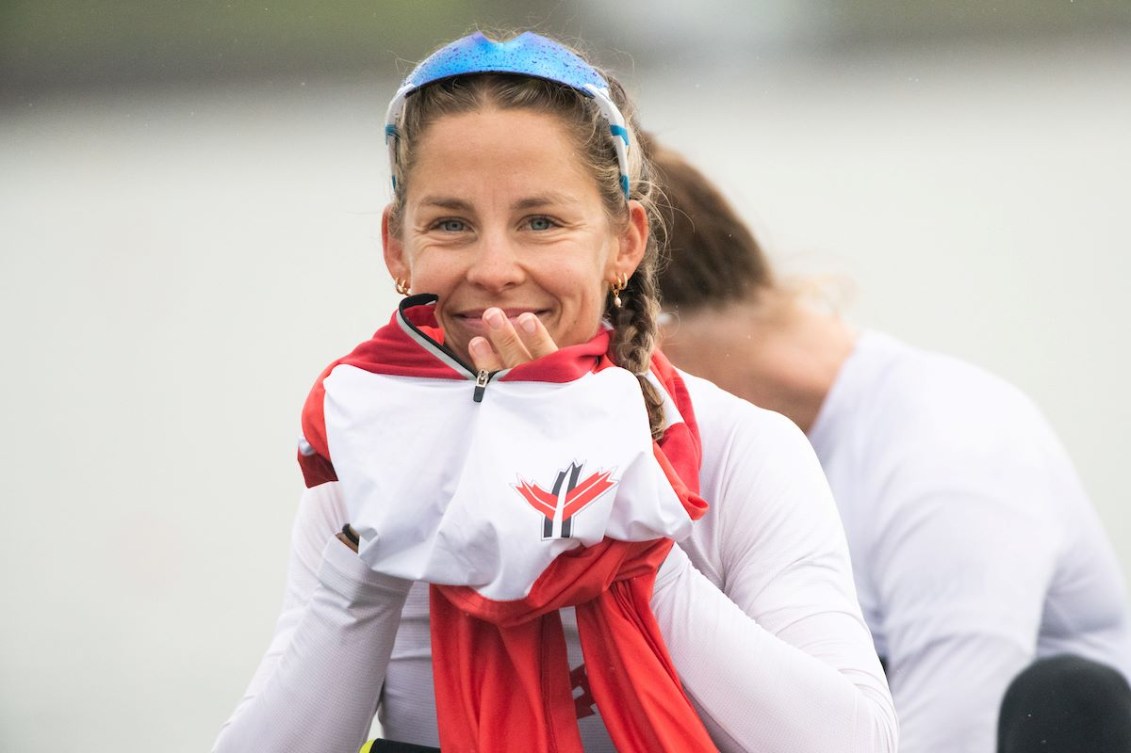
By the 2018 racing season, I had begun to experience extreme nausea the morning of a race. Sometimes it would be so strong that I couldn’t hold my food down, eventually throwing up. I didn’t realize that what I was experiencing was a panic attack.
I had told my coach and our team’s mental performance consultant about it. It was recommended that I work on mindfulness to combat the nausea I was experiencing. It wasn’t a bad start, but mindfulness seemed like a tiny band aid on what was becoming a gaping wound.
I wouldn’t let these moments detract from my performances. I had personal bests, became a national champion and made a final at the 2018 World Rowing Championships.
In 2019, things escalated. Driving up Vancouver Island to take part in a week-long selection camp, I found myself throwing up in the back parking lot of a grocery store. A panic attack had washed over me as I decided what kind of bread I wanted to buy. There was no logical explanation to why it happened when it happened; I just knew something was no longer normal. Yet, I pushed through it, competed in selection, and made the World Cup team. I tried to move on.
That summer the panic attacks got worse. I experienced panic attacks while out for dinner and while getting my hair done. I still went to practice, performed well, and maintained a life outside of rowing.
Before leaving for a World Cup, things came to a head. I felt a fear of flying I had never experienced before. I had multiple panic attacks throughout the night, barely getting any sleep. At a loss of what to do, I called my coach and we got in touch with the team doctor. Luckily, I was provided with medication to get me out of the panic cycle I was in. I went on the trip, as my team doctor would be available in person and it seemed like a much safer option than being alone at home.
I went and won a World Cup seven days later. Despite losing almost 10 pounds and being in a constant state of fight or flight, I performed.
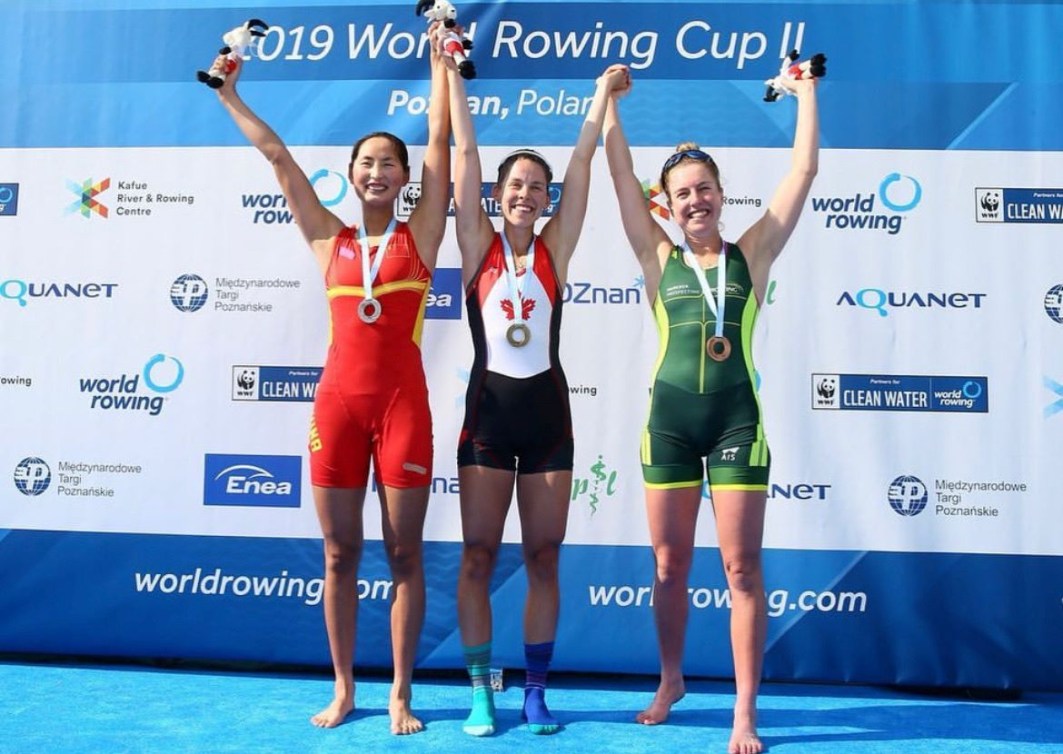
When I got home from that trip, I was officially diagnosed and started to take an SSRI (selective serotonin reuptake inhibitor). I was happy to take medication, desperate actually. I would have done anything in that moment to feel some sense of control over my mind and body. I felt betrayed by my mind and even more betrayed by my body.
What happened over that period of time shaped me into the athlete that I am today.
My medication began to make a difference and my panic attacks became fewer and farther between. I also began to develop an understanding of what had happened to me and real tools to mitigate it in the future. I changed slowly as an athlete and I am better because of it.
I now have unshakeable confidence in my ability to perform. This may seem contradictory as someone who has felt a lack of control over their body as a result of a panic attack. But I began to find refuge in the ability that no matter what happened before I got in the boat, I could still compete well. By being in such a desperate state in 2019 and still performing, I believed that nothing could stop me.
These experiences also forged an unbreakable bond between me and my rowing partner, Jenny Casson. We’ve competed in the lightweight women’s double together since 2019 and it’s difficult to hide a panic attack from someone who you spend all of your time with.
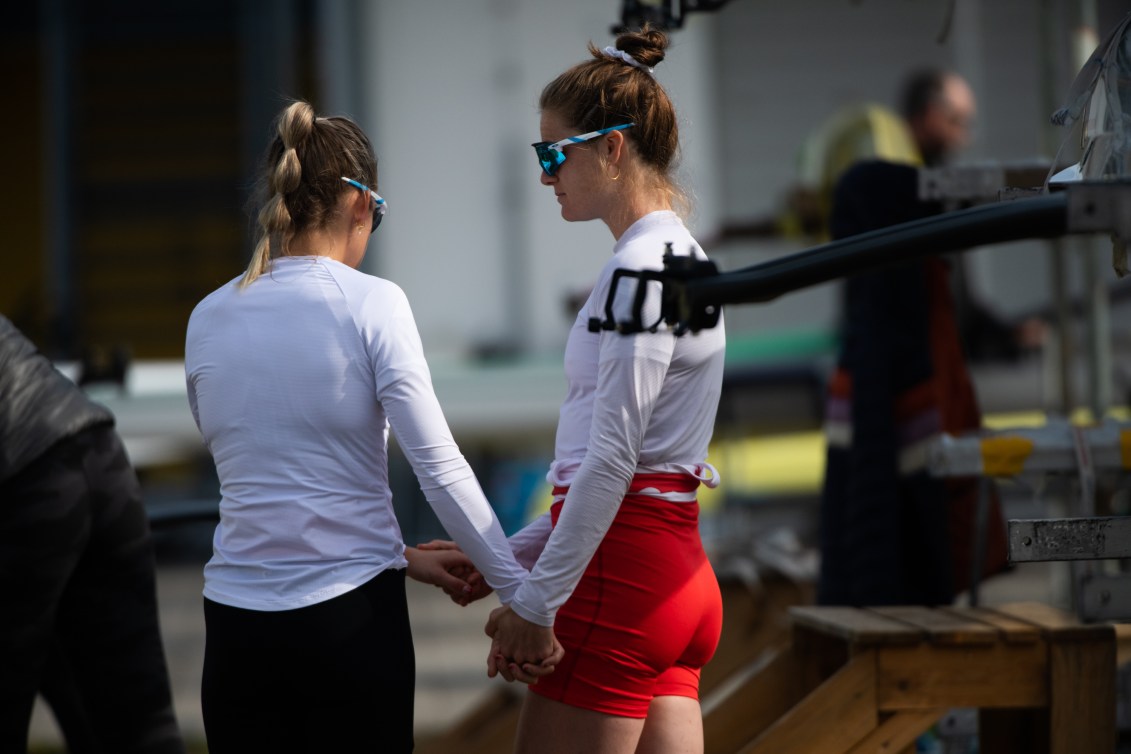
Jenny has been there to hold my hand as a panic attack has taken hold of me. She’s been there to tell me it’s okay and we can take whatever time I need. She’s never judged me, she’s never made me feel as if I am letting her down. In a sense I feel indebted to her for her compassion and trust. Because of my panic attacks, our bond has grown in ways that you can’t force. Because of the compassion she’s shown me, I will do anything to make sure her dreams come true.
I’ve learned to be vulnerable, sharing my struggles with my family members, coach and support staff. I’ve learned to ask for help and I’ve learned how to set boundaries.
This past summer, I learned how to harness my emotional range and use it to perform when the stakes are at their highest. Before, I could count on my ability to physically push myself. Now I’ve learned how to cultivate an emotional state that is unwavering and unforgiving.
When we arrived at the course the morning of our qualification race for the 2024 Olympic Games, Jenny and I came with an animalistic desire to do whatever was needed. We talked about this moment all year. Despite the pressure on us, we had workshopped how to take control of it.
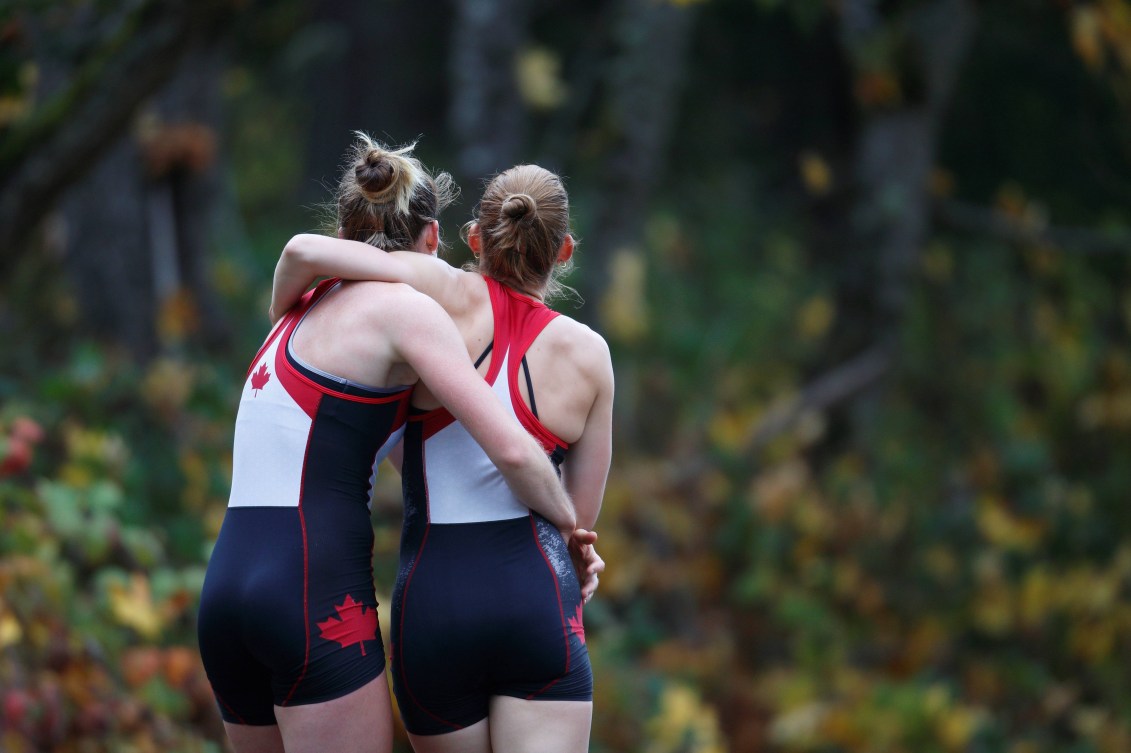
We were so determined to not let our competition take away our Olympic dream that I wasn’t sure if we were about to enter a boxing match or rowing race. I could feel my adrenaline coursing through my veins, but this time we had worked on capturing this feeling and using it to our advantage.
I was not scared of the outcome, because I knew in my soul that I would never let anyone take this away from us. I still was on guard that a panic attack may happen, but I felt at peace that if it did, we would move on from it. We felt unstoppable.
We had the best race of our careers that day. We won our semifinal, ensuring Canada would have an entry in the lightweight women’s double at Paris 2024. We finished the regatta with a career best of fourth in the world. We had finally married the mental and physical component of competing. It was a breakthrough moment.
Now, I begin looking towards the next five months as we prepare for the Olympics.
I still go through ebbs and flows of anxiety and at times I still experience panic attacks. I work with Jenny, my coach Jeremy Ivey, my psychiatrist, and my psychologist to keep an eye on things. I don’t know if there will ever be a time that I don’t have anxiety or panic attacks, but I am learning to be kind to myself and to accept what I can’t control. This is part of my Olympic journey and I am okay with that.
If there is one thing that I have learned from this, it is that mental illness is not a weakness. It does not make you a lesser version of yourself. With the right help and team behind you, you can navigate your challenges and reclaim a new sense of self.
Jill Moffatt and Jenny Casson finished in eighth place at Paris 2024, an improvement from their 12th-place performance at Tokyo 2020. After missing the A Final in Paris, Moffatt and Casson gave an emotional interview expressing that they felt they had let Canada down. The interview went viral, drawing an outpouring of love and support from Team Canada fans.

